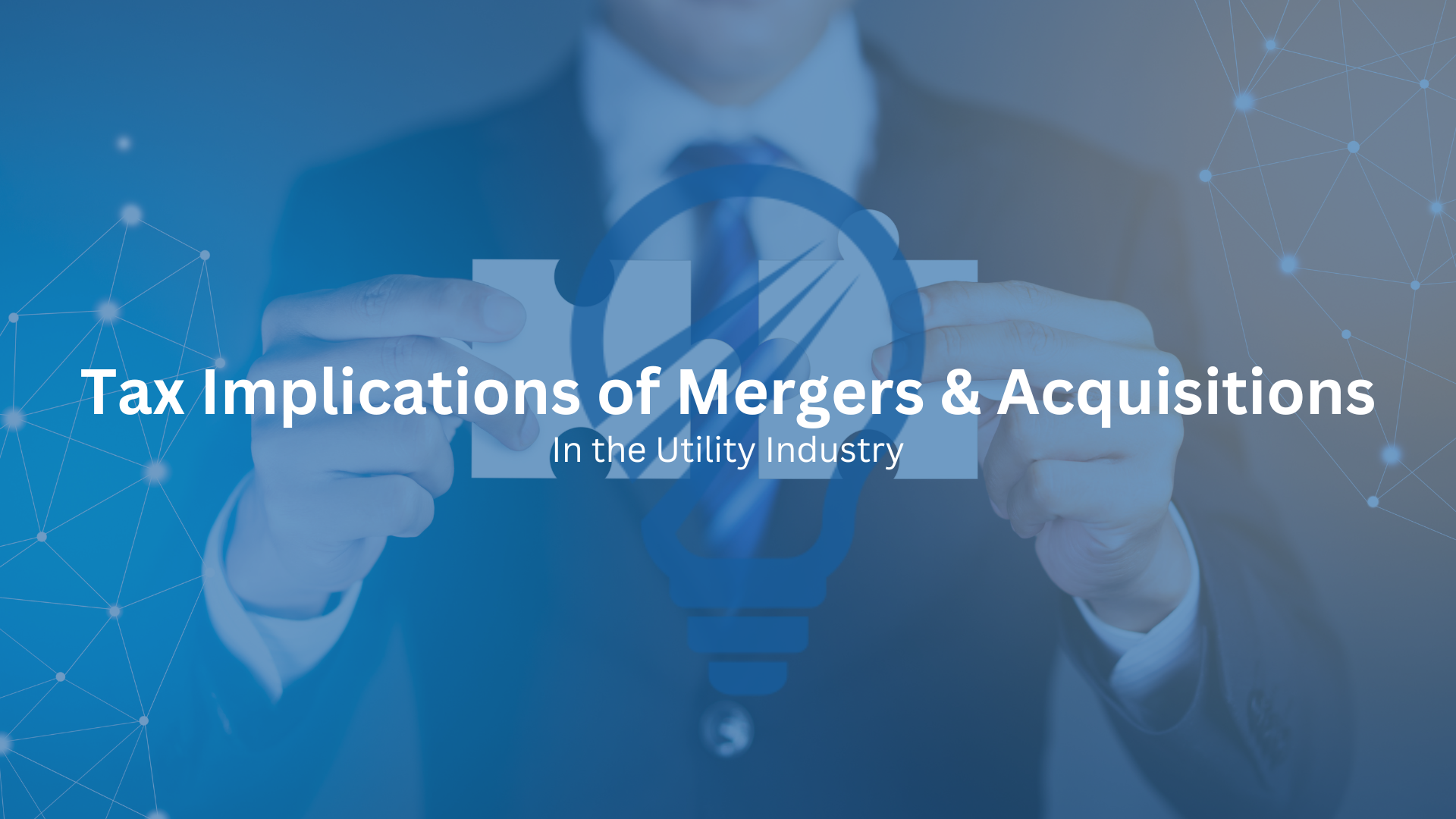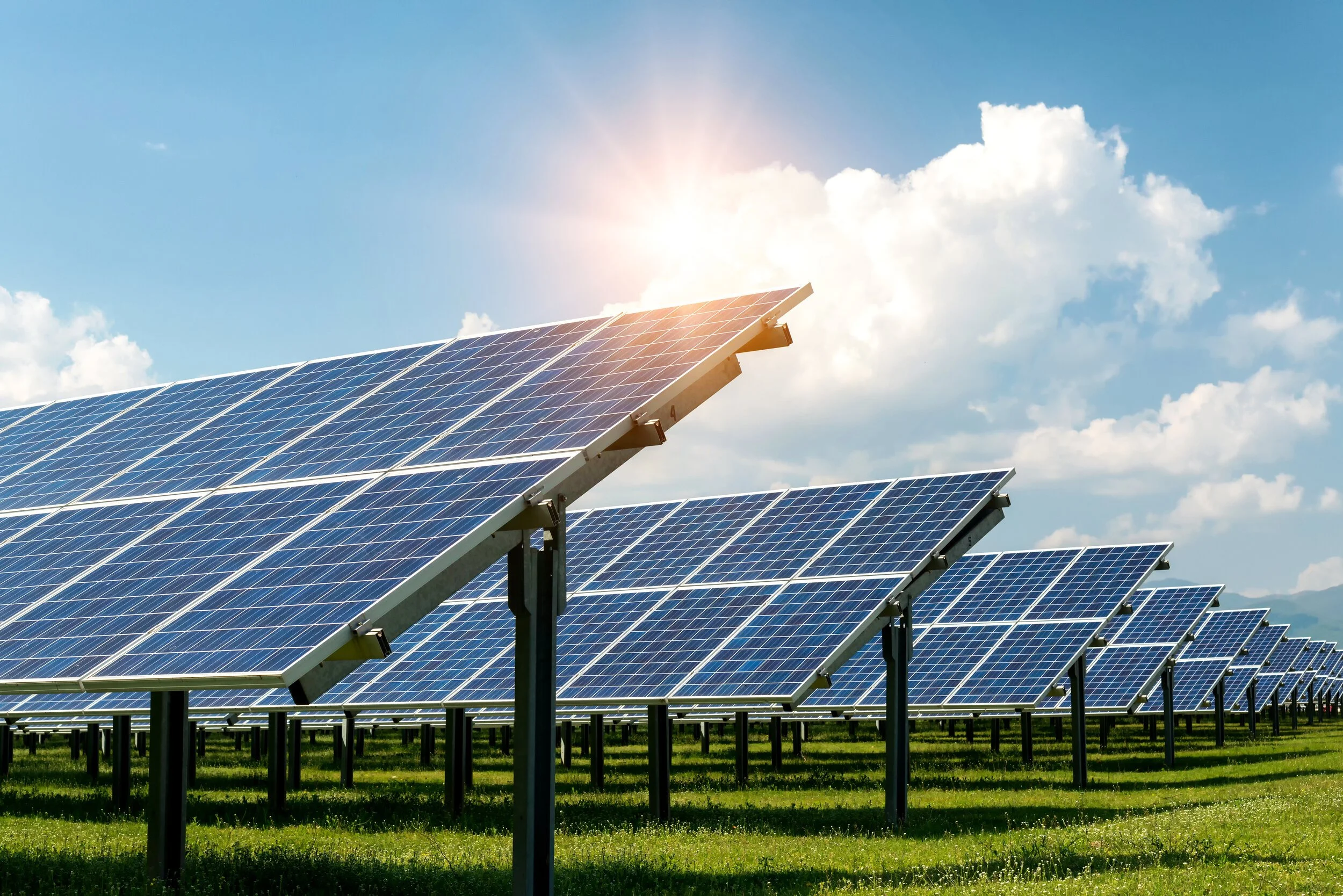Lucasys Blog
Understanding the Tax Implications of Mergers and Acquisitions in the Utility Sector
Mergers and acquisitions (M&A) have long been a strategic tool for growth and expansion in the utility industry. Whether to achieve economies of scale, expand service territories, or diversify energy portfolios, these transactions can significantly reshape a company's operations and market position. However, along with the potential benefits, M&A activities come with complex tax implications that can have a lasting impact on a company's financial health and regulatory compliance.
Emerging Cybersecurity Threats: How Utilities Can Prepare
In today's increasingly interconnected world, the threat landscape for US utilities is evolving at an unprecedented pace. As these vital organizations continue to embrace digital technologies to improve efficiency and customer service, they also find themselves in the crosshairs of malicious actors seeking to exploit vulnerabilities. The realm of cybersecurity is fraught with challenges, and understanding the latest threats is essential for safeguarding critical infrastructure.
Proposal to Increase the Corporate Tax Rate... Again!
In late March 2023, President Biden proposed a federal budget for fiscal year 2024 that will increase government spending in new infrastructure, education, healthcare, and climate change initiatives. To fund the investments, the Biden administration has proposed several tax reforms that will have important implications for corporations. Specifically, the proposed increase in the corporate income tax rate from 21% to 28% will have a significant impact on rate-regulated utilities
IRS Rules Salvage is Protected, Cost of Removal is Not
On October 15, the IRS issued PLR 202141001 for regulated electric utilities. In its ruling, the IRS reiterated earlier assertions that the net deferred tax asset (DTA) related to the cost of removal (COR) is not subject to normalization, but also added clarification that the deferred tax liability (DTL) and DTA from the salvage value is subject to normalization rules.
Solar Generation as Public Utility Property
The Internal Revenue Service (IRS) has issued several private letter rulings (PLR) in recent months clarifying the relationship between solar power generation equipment and public utility companies. The main focus is defining whether or not generation equipment with energy pricing based on monthly fees can be treated as public utility property. The designation of generation equipment as public utility property has several important implications, all of which impact how utilities treat the property for tax purposes.
Expected Growth of US Water Infrastructure
The American Society of Civil Engineers (ASCE) recently gave the US a D grade for drinking water infrastructure and D+ for wastewater infrastructure. How can the richest nation in the world have infrastructure ranked so poorly on the world scale, and what investments are being made to improve our water networks?
Revenue Procedure 2020-39 and the Future of Excess Deferred Income Taxes
On August 14, 2020, the Internal Revenue Service (IRS) issued Revenue Procedure 2020-39 to clarify normalization requirements following the corporate tax rate reduction provided in the Tax Cuts and Jobs Act (TCJA). Though this Revenue Procedure addressed several open questions posed by the utility industry, in some regards, the publication raised more questions than it answered.






